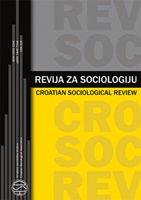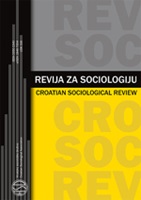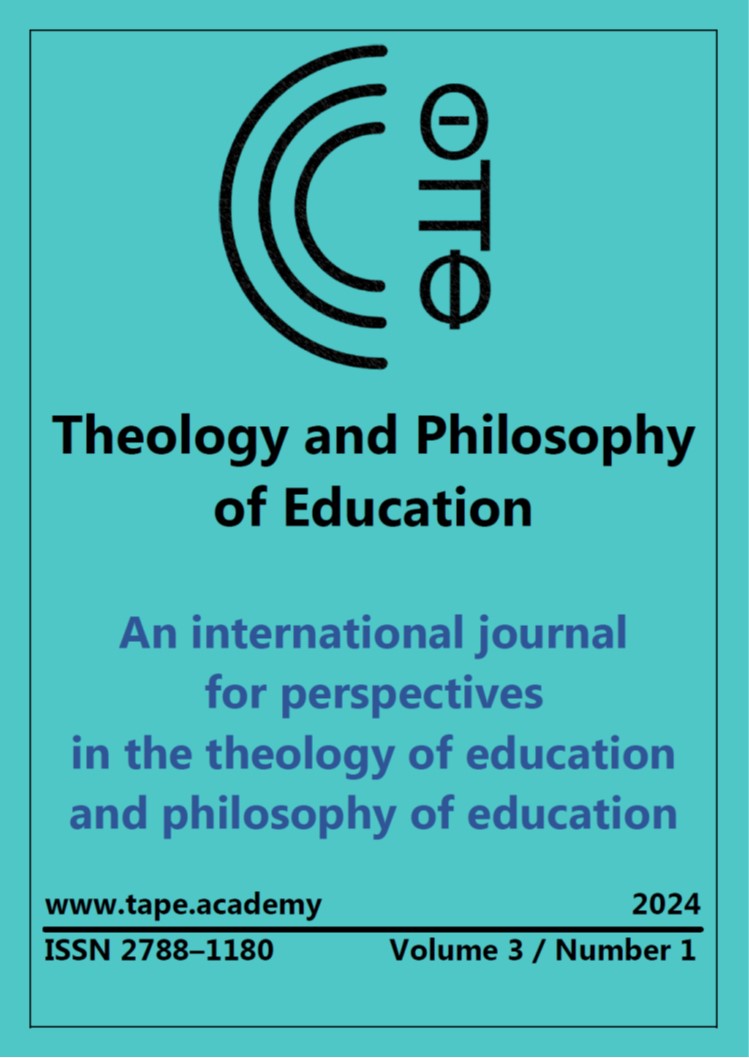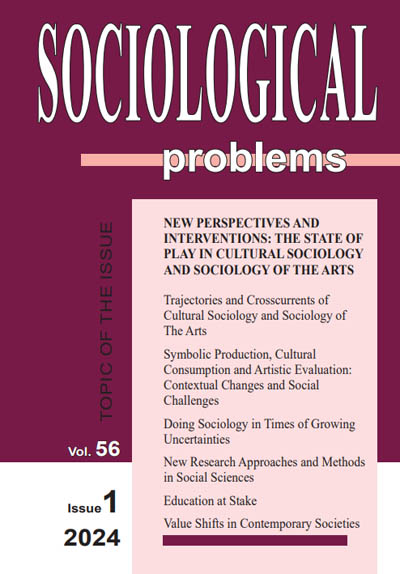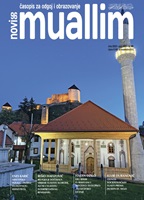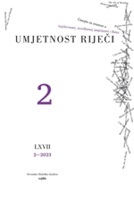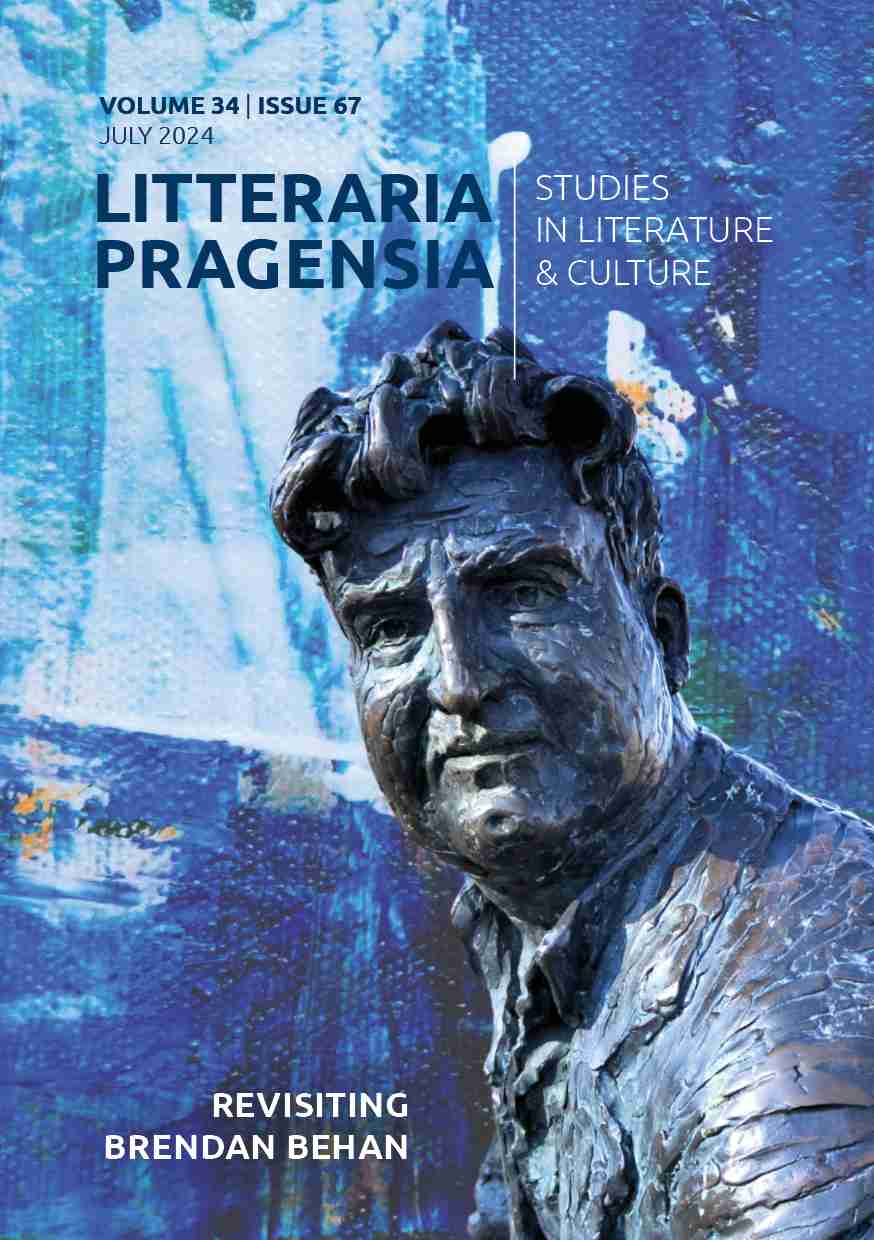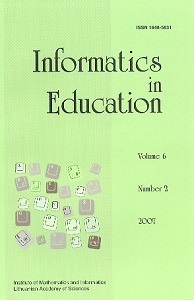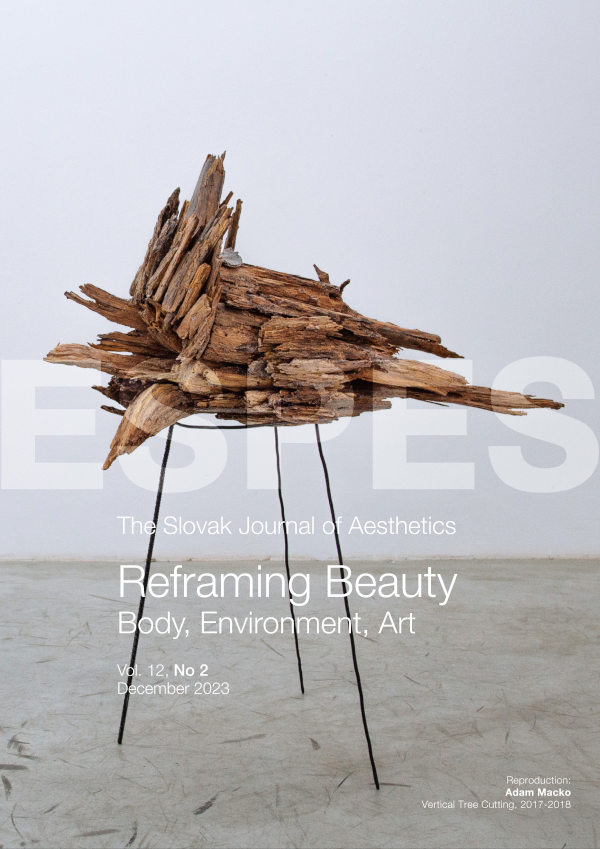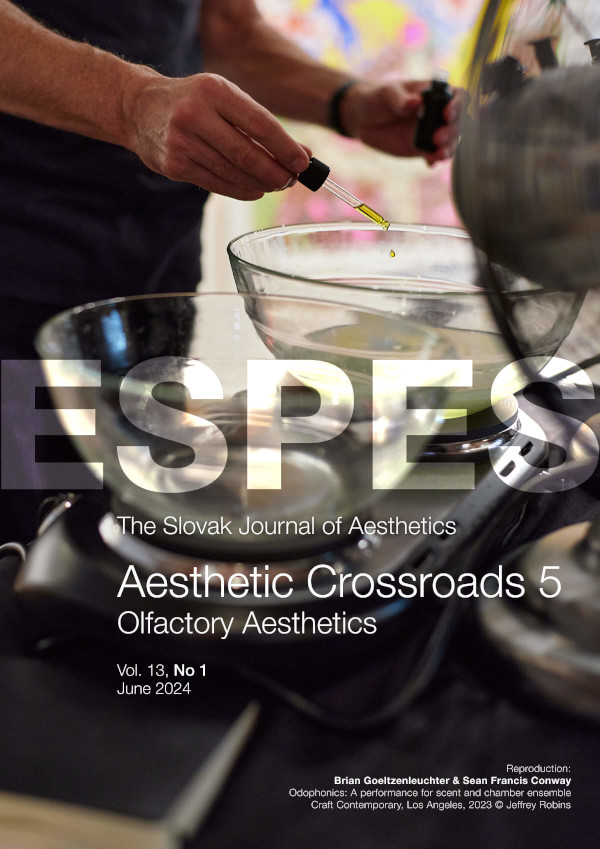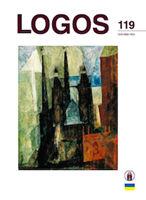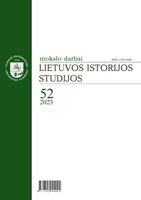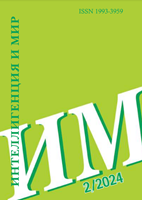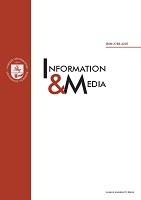
Beauty Standard Perception of Women: A Reception Study Based on Foucault’s Truth Relations and Truth Games
This study discusses how television viewers’ definitions of beauty are affected by advertisements. The media effects on the perception of beauty and truth are explained in detail as the investigation unfolds. In November 2021 and May 2022, the study collected data through individual interviews with 22 women aged 18 to 63. The data gleaned from these interviews was interpreted with Stuart Hall’s coding-encoding theory using Peircein trichotomy and Foucault’s truth relations and truth games. The study found that one of the new functions of advertising is to enable female viewers to make personal evaluations of physical beauty standards and concluded that beauty is not truth but is a construct manufactured by advertisements. Female audiences read women shown in ads with multiple dimensions of significance and sensibility to experience the presentation and re-presentation of the women.
More...
